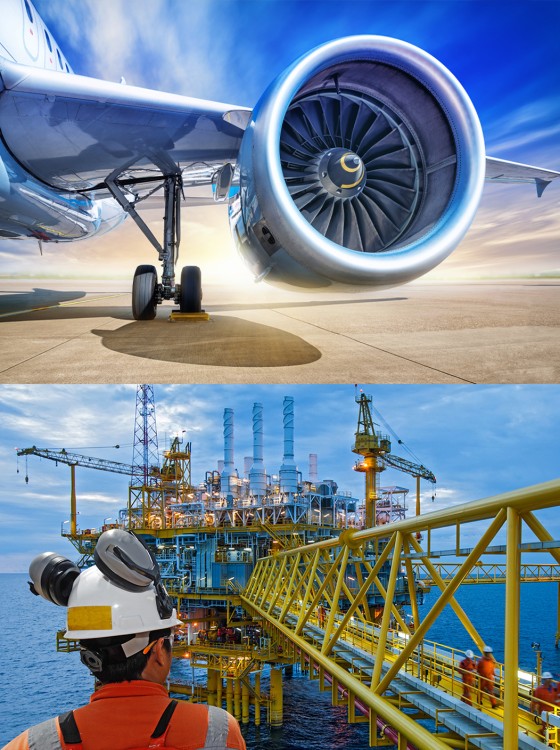Control Methods and Intelligent Systems

Research Branch: Artificial Intelligence
Nonlinear Control
Research is being conducted into cognitive systems for robots that enable robots to interact with their environment by replicating and simulating brain structures, e.g. in hearing and vision. In particular, the development of humanoid robots and their mental capabilities are one of the great adventures of engineering. The Graduationcolleg "Mixed Mode Environment" also conducts research on alternative ways of communication and coordination of multi-agent systems (robot swarms).

Automatic control systems and automation technology play a decisive role in cargo ports.
Nonlinear Control
All processes occurring in nature and technology are nonlinear. While many of these processes can be sufficiently well simplified by linear models, there are numerous examples of systems which make a nonlinear description unavoidable.
The study of nonlinear systems and control methods is a multifaceted field. On the one hand, a number of challenges arise for nonlinear systems, which make the prediction of their behavior unequally difficult compared to linear systems. For example, the stability properties of autonomous robots or drones around a controllable equilibrium position must be analyzed and ensured at great expense to avoid causing harm or danger in a practical application.
On the other hand, nonlinear controllers also offer advantages over linear ones, as they can lead to a significant increase in performance and control quality. For example, by switching between different linear controllers depending on the respective requirements of the system, the achievement of the desired target state can be accelerated considerably.



